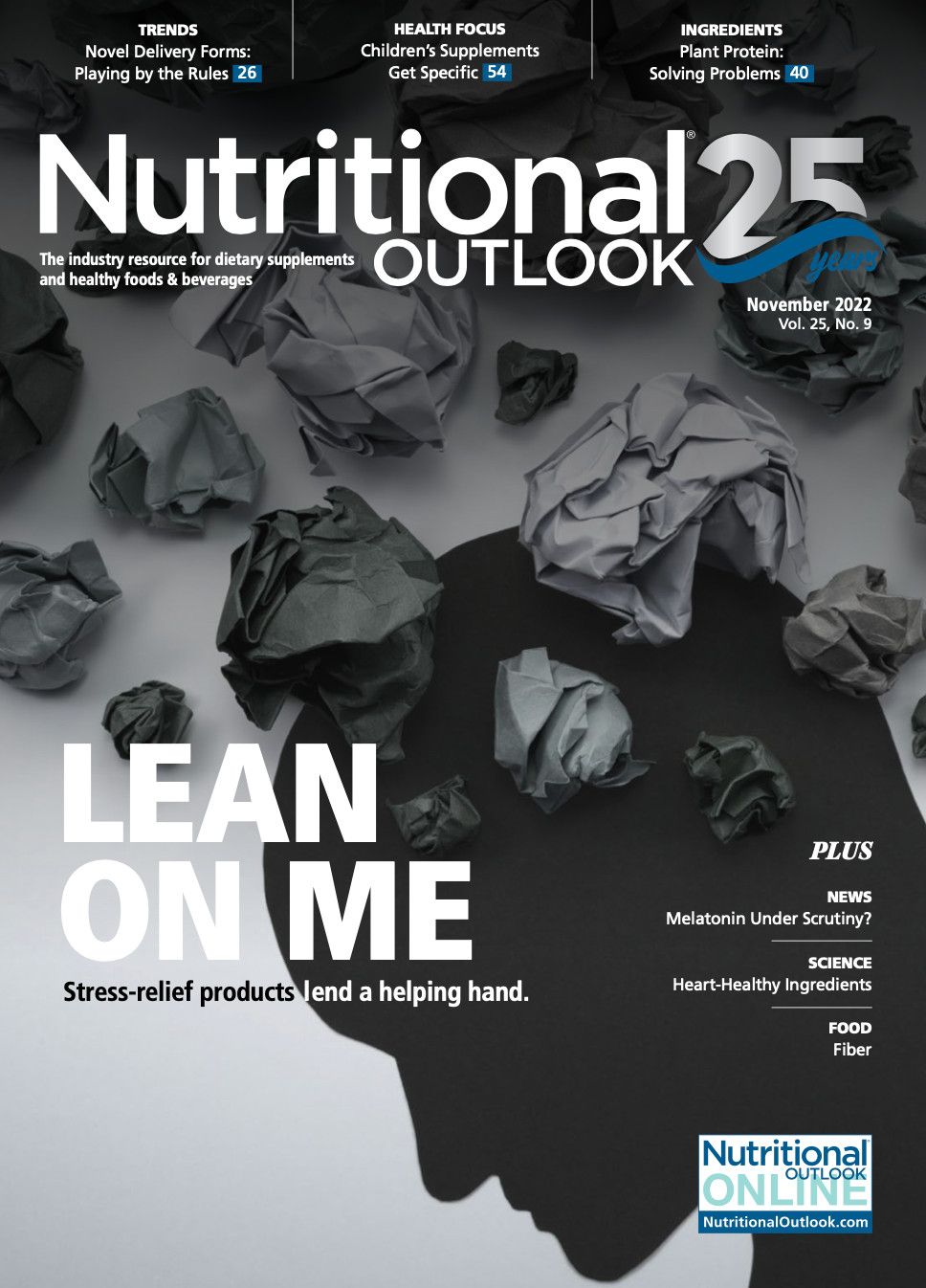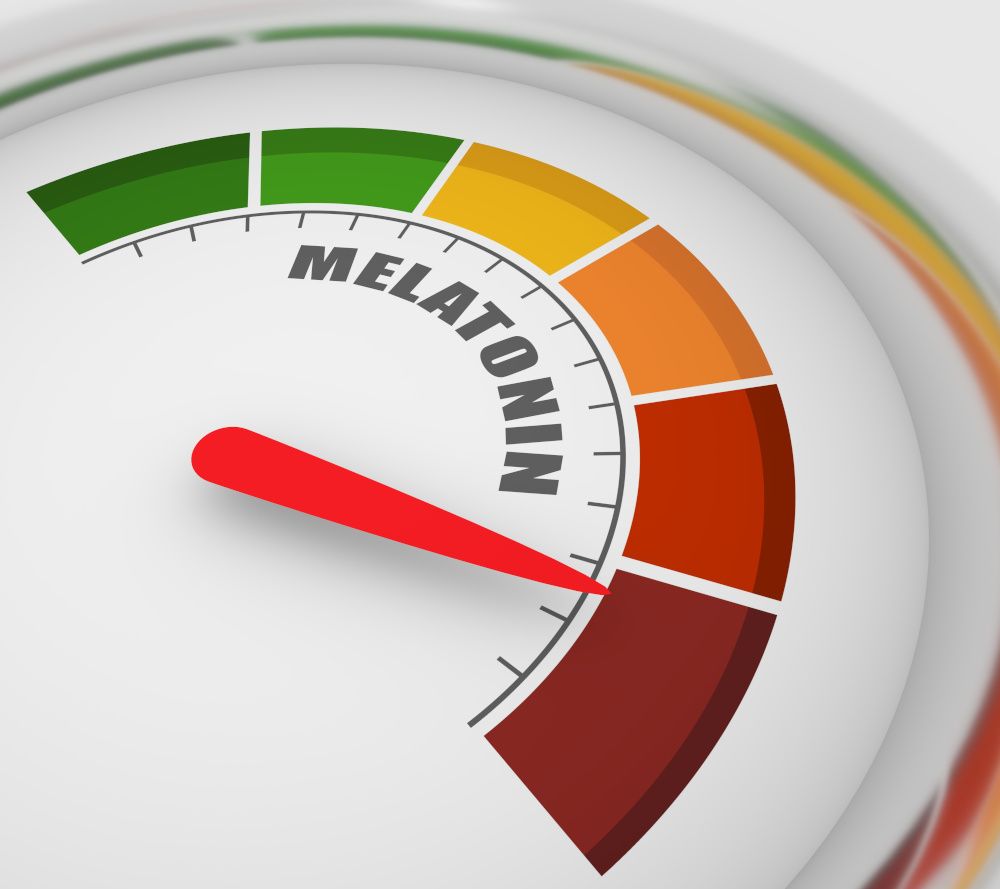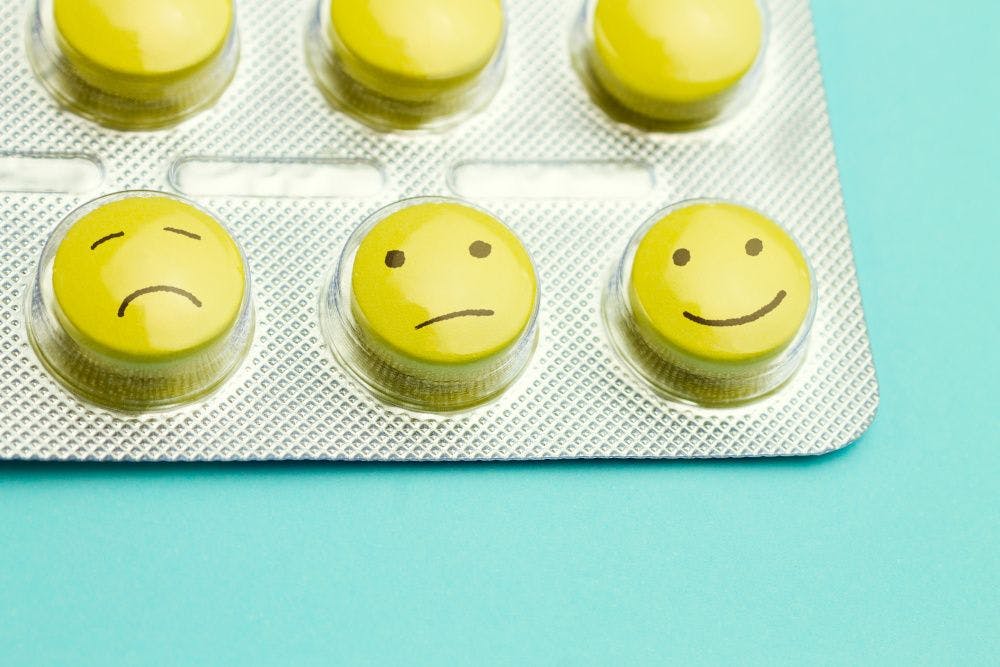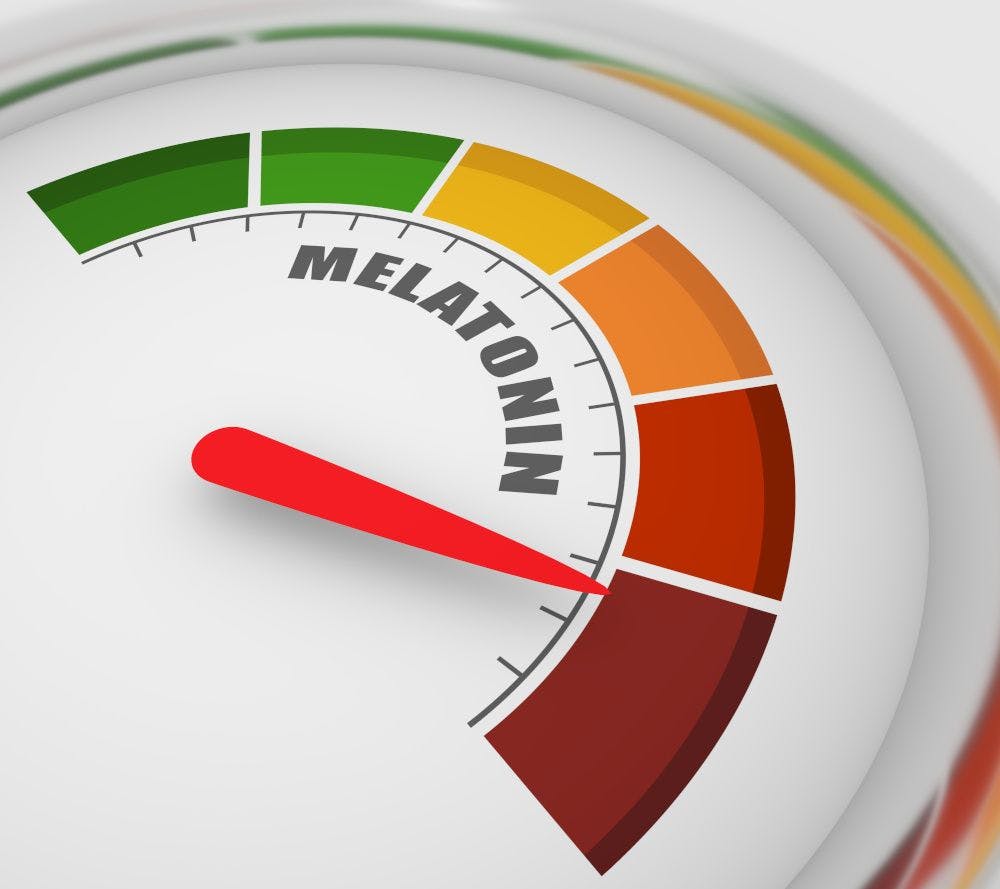Melatonin is under scrutiny. Will sales suffer?
Recent negative headlines cast melatonin in an unfavorable light. Is there any justification for the bad press?
Melatonin dominates the sleep market. With annual sales growing over 10% year-over-year, and a 14% CAGR expected by 20261, melatonin enjoys an enviable market position and unparalleled consumer trust. But as the sleep market’s biggest player, melatonin is also the sleep ingredient with the highest profile—and thus has become most vulnerable to scrutiny. Case in point: While the general public has generally looked favorably on melatonin, negative headlines on melatonin made waves last year.
Will these waves rock melatonin’s reputation as a safe and effective sleep health supplement? And is there any basis for these negative claims?
The Good: Melatonin Is Generally Safe for Use
Despite recent negative press around accidental ingestions and overdoses, most melatonin supplements are indeed safe for use. Duffy MacKay, ND, senior vice president of dietary supplements at the Consumer Healthcare Products Association (Washington, DC), says there is no dispute about melatonin’s safety: It is safe for use, regulated by FDA, and consumed by millions of Americans every day.
“Product safety is a combination of factors that includes packaging, labeling, storage, and directions for use,” MacKay explains. “Melatonin is safe for adults and children when used as directed. It’s been the focus of research for more than 60 years. Its growing visibility in the marketplace has attracted more scrutiny—but scrutiny can be helpful when it leads to additional scientific research and heightened regulatory compliance.”
The Bad: Accidental Pediatric Ingestion Still Happens
While melatonin is typically safe for most consumers when properly used, recent headlines highlighted the dangers of improper storage and unsupervised consumption by minors. The CDC’s June 3, 2022, Morbidity and Mortality Weekly Report was widely reported on by consumer news outlets when it announced that accidental melatonin overdoses in children had increased five-fold since 2012, and that two children had died of accidental melatonin ingestion.2
This report demonstrates that melatonin is not without its harms, and that negative outcomes can and do happen. However, Andrea Wong, PhD, senior vice president, scientific and regulatory affairs, at the Council for Responsible Nutrition (Washington, DC), says the headlines around melatonin’s risks are misleading. Specifically, Wong cautions that these headlines lack the context of the exponential growth in usage that melatonin has seen in the last decade. More use, she explains, means more potential for accidental ingestion.
“CRN’s national consumer survey data reveals that the number of Americans using melatonin more than doubled from 2012 to 2021,” Wong notes. “The CDC report notes that the greatest year of increase in reports was between 2019 and 2020, when poison control center ingestion reports increased by 37.9%. During that same time period, melatonin sales increased by close to 40%, according to two different industry reports.”
The Ugly: Inaccurate Labeling Practices Happen
While the increase in accidental pediatric ingestion appears to be a function of melatonin’s rise in popularity rather than a greater inherent risk with melatonin itself, the melatonin market is still plagued by quality control issues. Scott Dicker, senior market insights analyst for SPINS (Chicago), says several melatonin brands have faced class action lawsuits due to inaccurate labeling.
“The melatonin content in some of these supplements can range up to four times more than what’s advertised on the label,” Dicker says. “Sale of melatonin without a prescription is not allowed in countries like Australia, Japan, and the United Kingdom.”
Dicker notes that while melatonin sales have increased 9.7% year-over-year, according to SPINS data, this is a decline from the 35.1% increase the year prior. Despite this slowdown, melatonin is finding inroads in other categories. SPINS data, for example, shows melatonin-infused tea has grown by over 376%year-over-year.
“Negative headlines are unlikely to affect melatonin’s market position,” Dicker says. “Melatonin seems to find itself in more categories across the aisles.”
Quality Control and Consumer Education Matter
While the melatonin market has been plagued by stories of accidental ingestion and mislabeled products, these headlines have failed to blunt consumer demand. Consumers are eagerly snapping up melatonin products, albeit in different formats than in prior years.
Given the risks of improper use and inaccurate labels, melatonin brands have a responsibility to conduct robust quality control and to educate consumers around not only the benefits of melatonin but also the potential harms of overdose and pediatric ingestion. The melatonin market has thus far shrugged off media scrutiny, and maintaining consumer trust will demand full transparency.
References
- Technavio report. “Melatonin Market – 35% of Growth to Originate from North America | Pharmaceutical-Grade Melatonin Segment to Be Significant for Revenue Generation.” Published online May 16, 2022.
- Lelak K et al. “Pediatric melatonin ingestions – United States, 2012-2021.” Centers for Disease Control and Prevention Morbidity and Mortality Weekly Report, vol. 71, no. 22 (June 3, 2022): 725-729

Prinova acquires Aplinova to further increase its footprint in Latin America
April 7th 2025Prinova has recently announced the acquisition of Brazilian ingredients distributor Aplinova, which is a provider of specialty ingredients for a range of market segments that include food, beverage, supplements, and personal care.





















